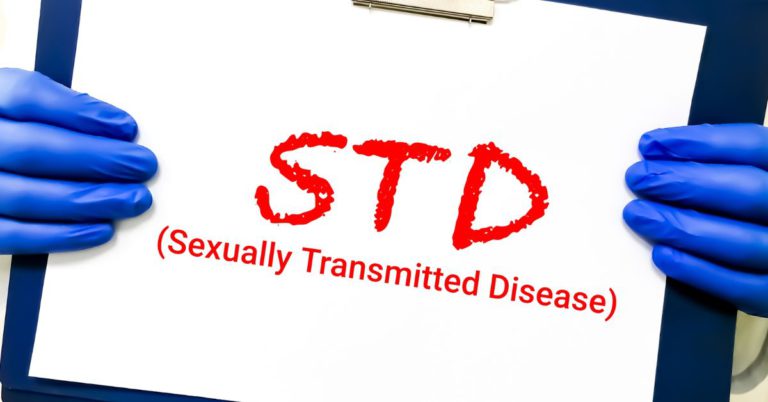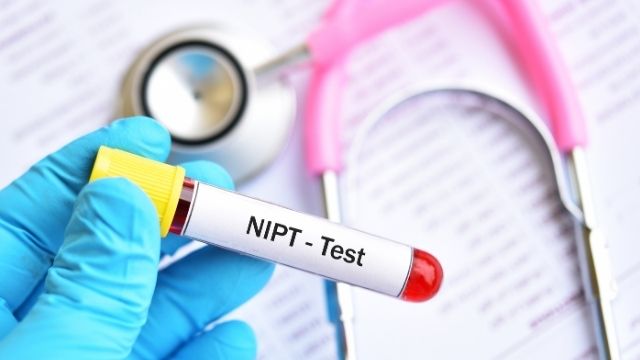
Heart Attacks are a common health issue that can affect anyone, regardless of age or gender. It’s crucial to recognize the warning signs of a heart attack, as they can often be subtle or easily dismissed. We will discuss the seven warning signs that you might be having a heart attack and what to do if you experience any of them.


 Nausea or vomiting can be a warning sign of a heart attack, especially in women. This can be accompanied by other symptoms such as shortness of breath or fatigue. If you experience nausea or vomiting, especially if it’s accompanied by other warning signs, seek medical attention immediately.
Nausea or vomiting can be a warning sign of a heart attack, especially in women. This can be accompanied by other symptoms such as shortness of breath or fatigue. If you experience nausea or vomiting, especially if it’s accompanied by other warning signs, seek medical attention immediately.
What is a Heart Attack?
A heart attack occurs when there is a blockage in the blood vessels that supply blood to the heart. This blockage can cause damage to the heart muscle and can be life-threatening if not treated promptly. It’s essential to recognize the warning signs of a heart attack, as quick medical attention can make all the difference.What causes a Heart Attack?
A heart attack is usually caused by a blockage in the blood vessels that supply blood to the heart.Who is at risk of having a Heart Attack?
Anyone can have a heart attack, but certain factors such as age, gender, family history, smoking, high blood pressure, high cholesterol, and diabetes can increase your risk.What should I do if I think I’m having a Heart Attack?
If you think you’re having a heart attack, contact an emergency number immediately or visit a health care facility.
Can a Heart Attack be Prevented?
Yes, a heart attack can be prevented by maintaining a healthy lifestyle that includes:- A healthy diet
- Regular exercise
- Not smoking
- Managing stress
- Managing underlying medical conditions
How can I lower my risk of having a Heart Attack?
You can lower your risk of having a heart attack by maintaining a healthy lifestyle, as we’ve discussed in this article.Warning sign #1: Chest Pain or Discomfort
The most common warning sign of a heart attack is chest pain or discomfort. This pain can feel like pressure, squeezing, fullness, or pain that comes and goes. It can also be mistaken for indigestion or heartburn. If you experience chest pain or discomfort, especially if it lasts for more than a few minutes or goes away and comes back, seek medical attention immediately.Warning sign #2: Pain or Discomfort in the Upper Body
Pain or discomfort in the upper body is another warning sign of a heart attack. This pain can be felt in one or both arms, the back, neck, jaw, or stomach. It can be sudden or gradual and may come and go. If you experience any pain or discomfort in the upper body, especially if it’s accompanied by other warning signs, seek medical attention immediately.
Warning sign #3: Shortness of Breath
Shortness of breath is a common warning sign of a heart attack. It can occur before or during chest pain and can be accompanied by a feeling of tightness or pressure in the chest. If you experience sudden or extreme shortness of breath, especially if you’re not exerting yourself, seek medical attention immediately.Warning sign #4: Cold Sweat
Cold sweat is a less common warning sign of a heart attack, but it’s still important to recognize. This can be a sudden onset of sweating that feels cold and clammy to the touch. If you experience cold sweats, especially if it’s accompanied by other warning signs, seek medical attention immediately.Warning sign #5: Nausea or Vomiting
 Nausea or vomiting can be a warning sign of a heart attack, especially in women. This can be accompanied by other symptoms such as shortness of breath or fatigue. If you experience nausea or vomiting, especially if it’s accompanied by other warning signs, seek medical attention immediately.
Nausea or vomiting can be a warning sign of a heart attack, especially in women. This can be accompanied by other symptoms such as shortness of breath or fatigue. If you experience nausea or vomiting, especially if it’s accompanied by other warning signs, seek medical attention immediately.
Warning sign #6: Light-headedness or Fainting
Light-headedness or fainting can be a warning sign of a heart attack, especially in women. This can be caused by a drop in blood pressure and can be accompanied by other symptoms such as chest pain or shortness of breath. If you experience light-headedness or fainting, especially if it’s accompanied by other warning signs, seek medical attention immediately.Warning sign #7: Unusual Fatigue or Weakness
Unusual fatigue or weakness can be a warning sign of a heart attack, especially in women. This can be a feeling of extreme tiredness or weakness, even if you haven’t exerted yourself. If you experience unusual fatigue or weakness, especially if it’s accompanied by other warning signs, seek medical attention immediately.What to do if you experience any of these warning signs
If you experience any of these warning signs, it’s important to seek medical attention immediately. Call 911 or your local emergency number and describe your symptoms to the operator. Don’t wait to see if the symptoms go away or try to drive yourself to the hospital.
Prevention of Heart Attacks
Prevention is key when it comes to heart attacks. You can lower your risk of having a heart attack by maintaining a healthy lifestyle. This includes:- Eating a healthy diet that is low in saturated and trans fats, cholesterol, and sodium
- Maintaining a healthy weight
- Exercising regularly
- Quitting smoking
- Managing stress
- Managing underlying medical conditions such as high blood pressure, high cholesterol, and diabetes.







